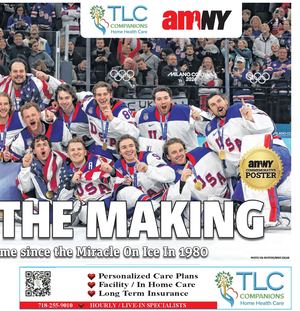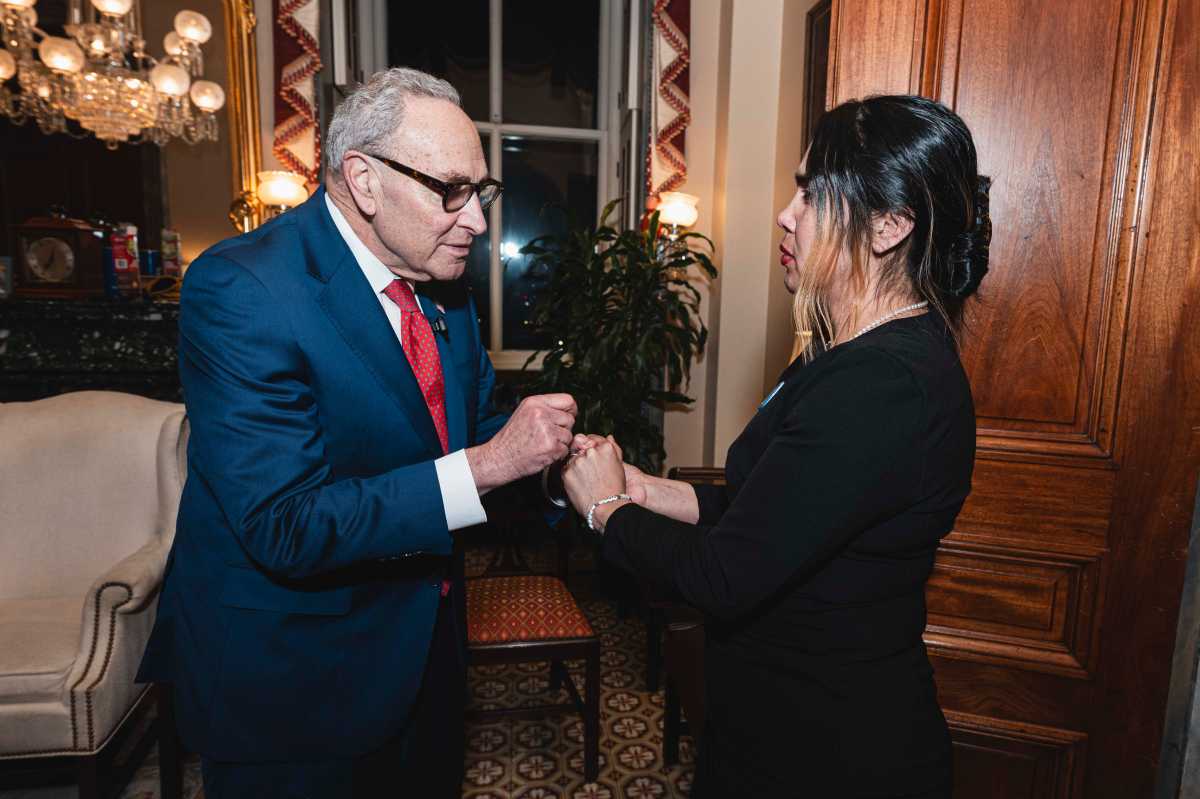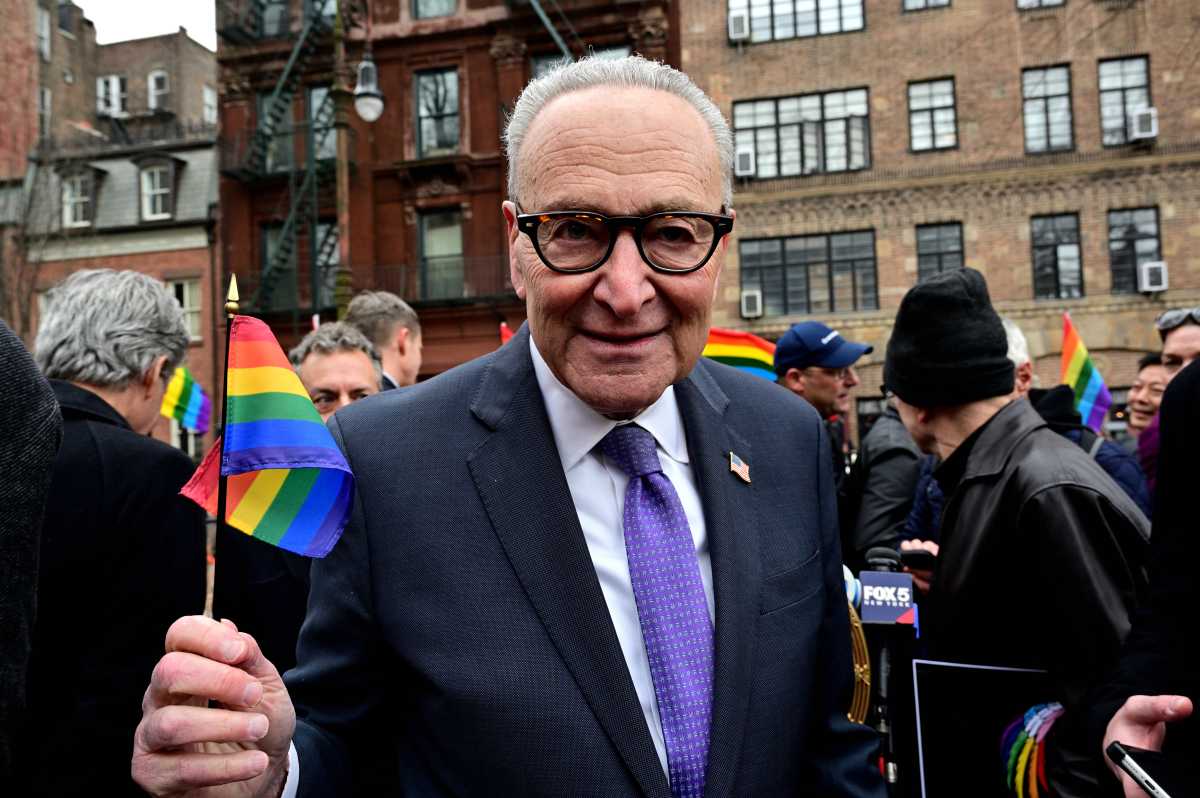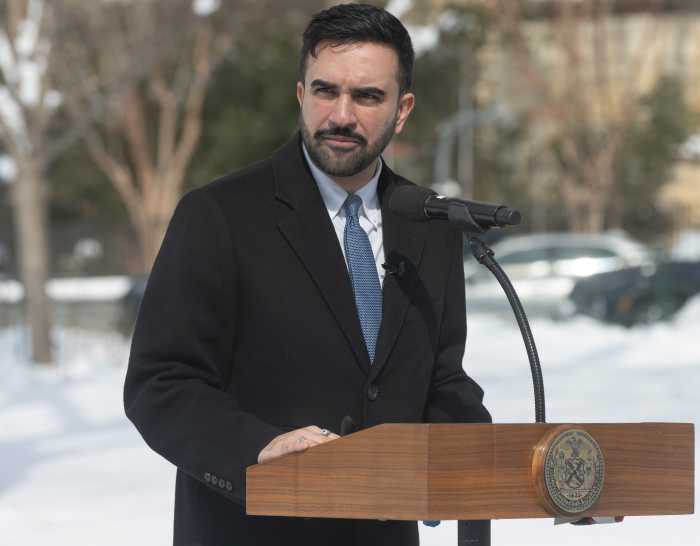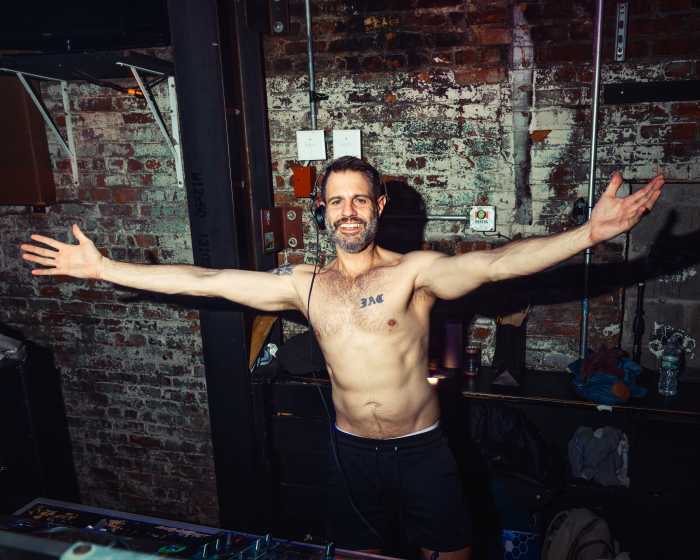New York City is suspending the issuance of composting fines for smaller residential buildings until 2026, city officials confirmed Friday, just two weeks after enforcement began under the city’s new mandatory composting law.
The move has drawn criticism from City Council members who say the Adams administration botched the rollout of the citywide composting program, which took effect last year as part of the Zero Waste Act.
Under the revised policy, buildings with 30 or fewer units will not be fined for noncompliance with composting rules until next year. However, larger buildings that receive more than four warnings from the Department of Sanitation (DSNY) will still face $100 fines, according to a spokesperson for Mayor Eric Adams.
“Make no mistake: Composting continues to be mandatory in New York City,” said City Hall spokesperson Liz Garcia. “Mayor Adams has led by example on this issue and composts daily… but he has also heard from New Yorkers across all five boroughs — including at town halls — who still have questions about this extremely important program.”
Garcia said the city will expand education and outreach efforts through the end of the year before fully enforcing fines across all building sizes.
The Zero Waste Act, passed by the City Council in 2023, made residential composting mandatory across the five boroughs. While the program officially launched in October, civil penalties only began on April 1, following a six-month grace period.
The shift in enforcement has drawn sharp criticism from City Council members, particularly from Council Member Shahana Hanif (D-Brooklyn), the primary sponsor of the composting law. Hanif accused the administration of “sabotaging” the program by failing to fund basic implementation measures, calling the pause a violation of the legislative process.
“Mayor Adams and Randy Mastro can’t just pick and choose which laws to implement. That’s not how the legislative process works,” Hanif said, following a report from Hell Gate NYC on Friday which claims First Deputy Mayor Randy Mastro is behind the pause. “This is another overstep from the Administration and a blatant disregard for the will of the Council.”
Hanif emphasized that the law was written to ensure education and outreach were prioritized over punishment.
“I agree that fines should not be the primary way to get New Yorkers to compost,” she said. “That’s why… I ensured that the legislation included strong education and outreach requirements. I also gave clear recommendations to DSNY during rule-making to boost participation during the six-month grace period before civil penalties were set to begin.”
Instead, Hanif said the administration has done the opposite, by cutting support for community composting groups, limiting bin distribution, and delaying outreach efforts that could have prevented confusion.
“These shortcomings are entirely self-inflicted and sabotage a policy designed to meet our zero-waste goals,” Hanif said. “This constantly shifting guidance undermines public trust, decreases community buy-in, and ultimately threatens the program’s success and long-term cost savings.”
Council Member Shaun Abreu (D-Manhattan) echoed those concerns, saying the city failed to prepare residents for the rollout, accusing the administration of undercutting the program from the start.
“Mayor Adams’ administration continues to undermine the City’s Zero Waste goals — first by cutting composting education, then by having their agency testify that they had all the resources needed for a successful residential organics rollout. Clearly, that was a lie,” Abreu said in a statement. “If DSNY’s $1.9 billion budget can’t fund basic education for organics collection, what are we even doing? The Mayor can’t cut corners, botch the rollout, and then turn around and blame New Yorkers for being confused, especially when he never prioritized educating them on the rules in the first place.”
Despite the criticism, City Hall maintains that the program has been a success so far. Officials said DSNY collected 3.8 million pounds of organic waste last week — the most since the program began.
The DSNY announced Wednesday it will open a new compost distribution site in Astoria, Queens next week, offering free 40-pound bags of compost made from food and yard waste processed at its Staten Island facility. The move comes in response to overwhelming demand and record volumes of collected compostable material.
“The amount of compost collected from City residents skyrocketed this spring, with the Department collecting more than 2.5 million pounds in one week alone,” said Sanitation Commissioner Javier Lojan on Wednesday. “New Yorkers are setting out their food and yard waste at the curb, and we are thrilled to return it to them as finished compost.”
